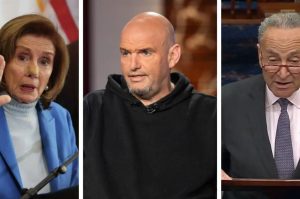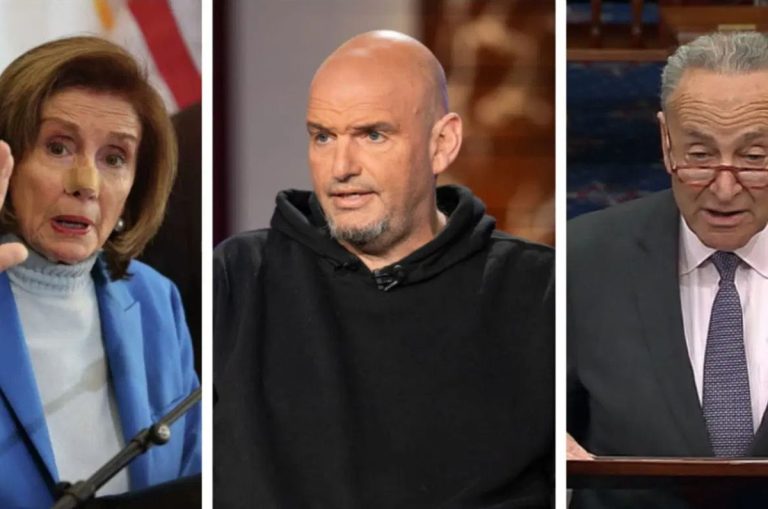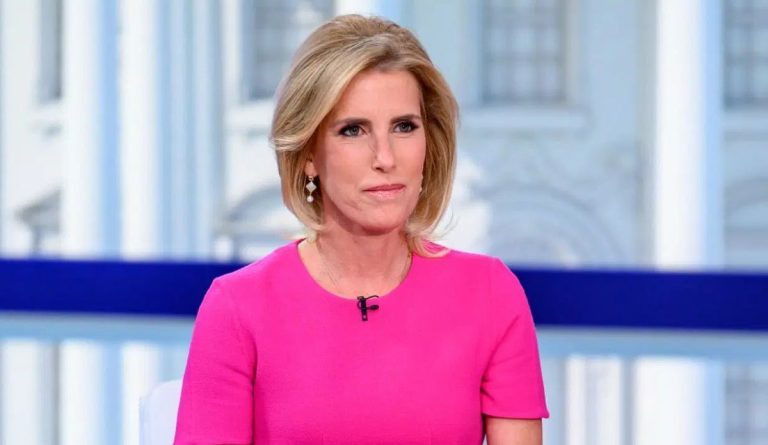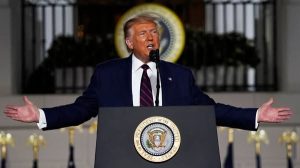In 2019, Hunter Biden reportedly withdrew approximately $39,820 from his daughter Maisy’s 529 college savings plan. This withdrawal was not declared as income on his tax returns, raising concerns among IRS investigators. Agents Gary Shapley and Joseph Ziegler, who later became whistleblowers, testified that the IRS had recommended felony charges against Hunter Biden for over $52,611 in unreported income. However, federal prosecutors ultimately pursued only misdemeanor charges related to $22,860 in unpaid taxes.
The whistleblowers alleged that the Department of Justice (DOJ) obstructed certain aspects of their investigation, including attempts to explore possible connections to President Joe Biden. They also claimed that Hunter Biden did not pay taxes on more than $2.2 million of the $8.3 million he received from international transactions in China, Russia, and Ukraine.
Emails obtained from Hunter Biden’s laptop indicated that he requested a transfer of $20,000 from Maisy’s fund to his account after his balance fell to 44 cents. He later admitted to the withdrawal, assuring that he would pay for tuition when necessary.
The circumstances surrounding these events have generated apprehensions regarding prosecutorial choices and possible conflicts of interest, leading to demands for increased examination. Critics argue that the DOJ’s decision to pursue lesser charges reflects a two-tiered justice system that favors the politically connected. Supporters of the DOJ’s actions contend that the evidence did not support more severe charges.
The case continues to be a focal point in discussions about political influence on legal proceedings and the integrity of the justice system.









